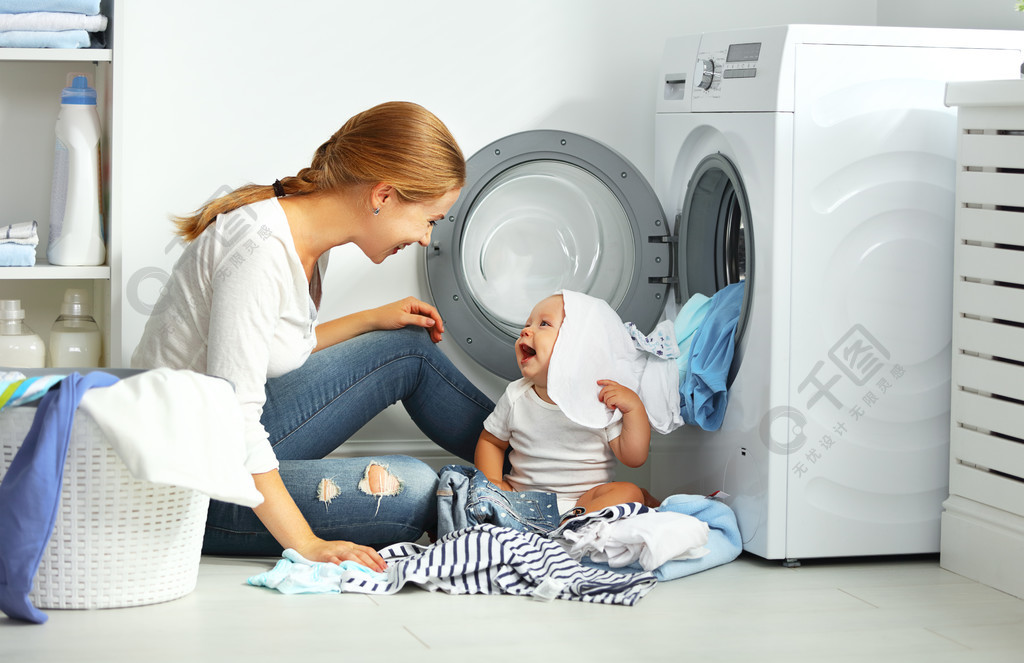Why do babies spit up frequently?
During the first three months after birth, due to the small stomach capacity of babies, underdeveloped stomach muscle walls, coupled with an immature neural control system for the stomach, inadequate closure function of the lower esophageal sphincter, babies are prone to spitting up milk after feeding, which is actually overflow milk rather than true vomiting. Although it may appear to be vomiting, this is a normal occurrence in the early stages of infancy and does not need excessive worry as it has no adverse effects on the baby’s nutrition absorption and growth.
How to effectively reduce baby’s spitting up?
Understanding the causes, measures can be taken to prevent babies from spitting up. During feeding, the baby’s head should be kept slightly elevated, after feeding, hold the baby upright against the chest and gently pat the back to help release trapped air, and avoid vigorous movements or bathing within half an hour to effectively prevent spitting up.
Improving feeding methods to reduce spitting up:
Feed the baby in an upright position to prevent feeding while the baby is in a relaxed state, which helps the milk go directly into the stomach, reducing spitting up.
Choose a quiet environment for feeding, ensure baby is focused, avoid external distractions or feeding when overly hungry to prevent swallowing air that can lead to spitting up.
When bottle-feeding, ensure the nipple hole size is moderate, as too large or too small can cause the baby to inhale air or swallow too quickly, leading to spitting up.
After each feeding, it is essential to burp the baby, take advantage of natural pauses to help release excess air in the stomach, reducing chances of spitting up. It’s advisable to place a towel over your shoulder before burping to avoid getting clothes dirty. If unable to burp immediately, there’s no need to worry, as the baby may not need to release gas at that moment.
Dealing with frequent spitting up:
If a baby spits up frequently, it may be due to not burping and releasing gas promptly after feeding. Consistently burping the baby can significantly reduce spitting up occurrences, a common and effective method in handling a baby’s frequent spitting up.


